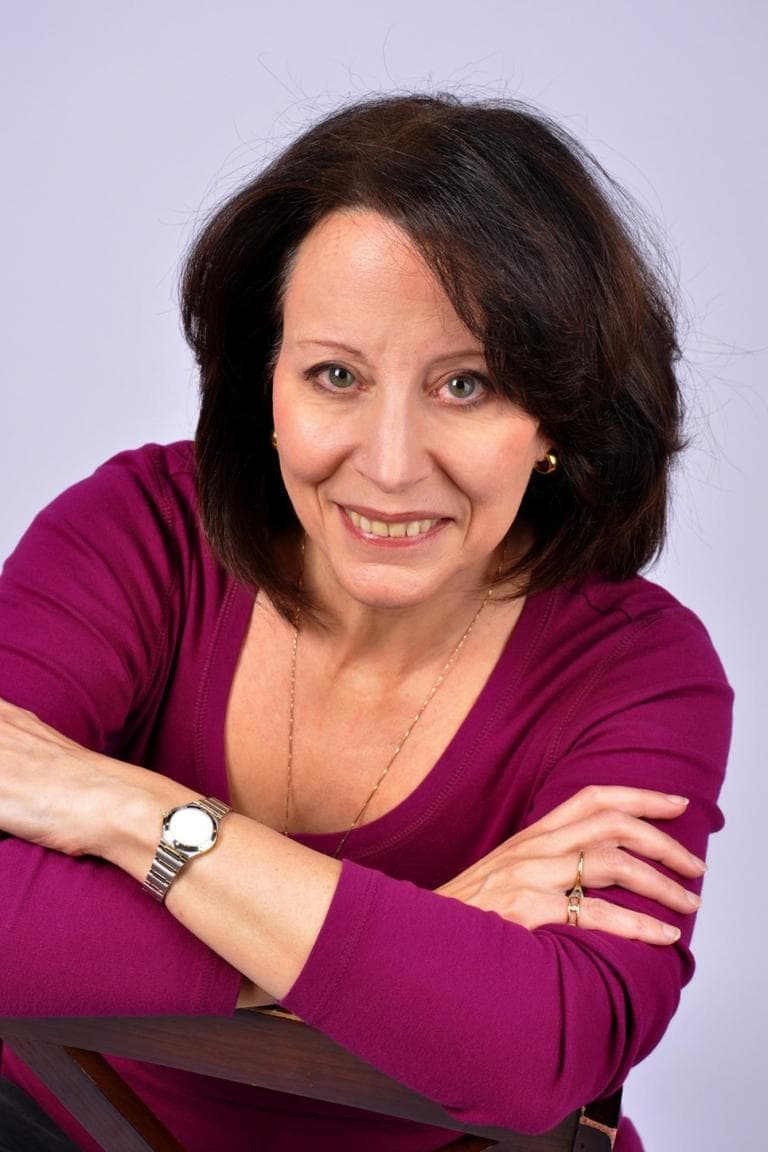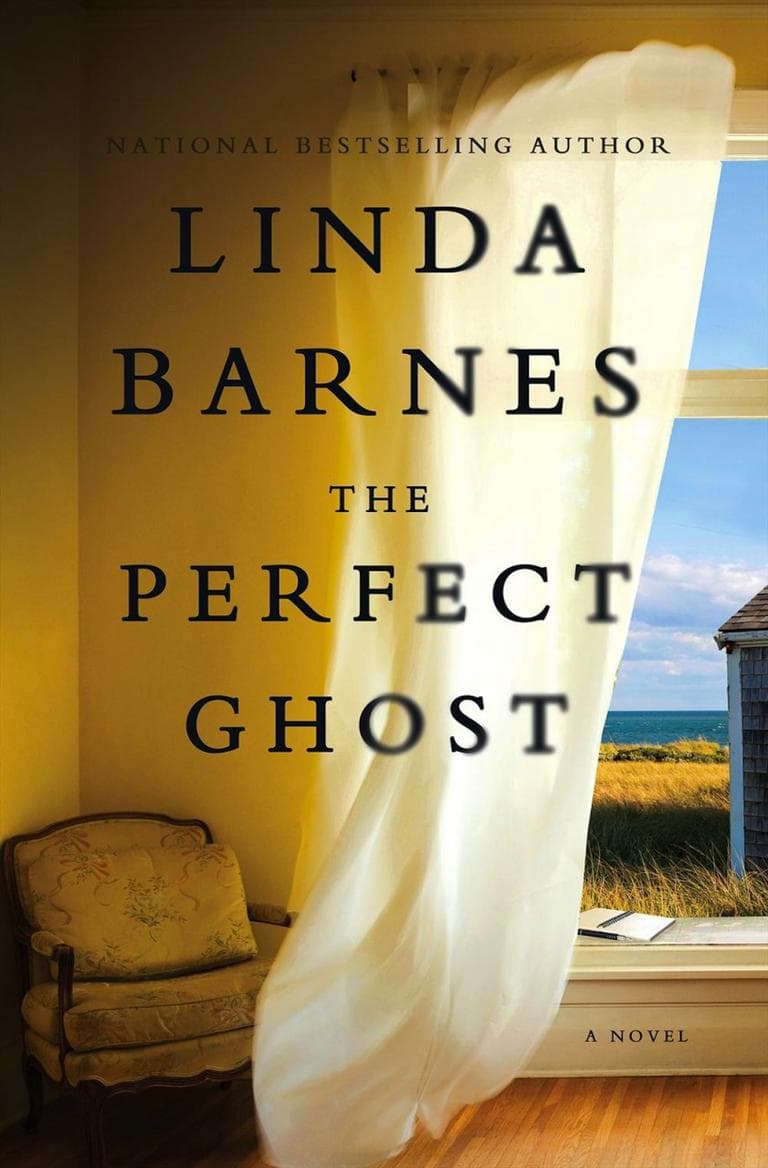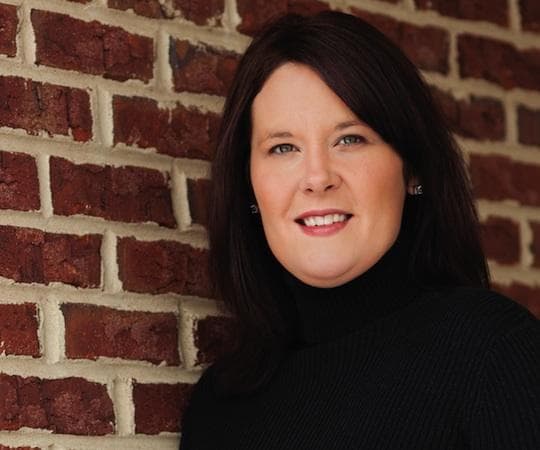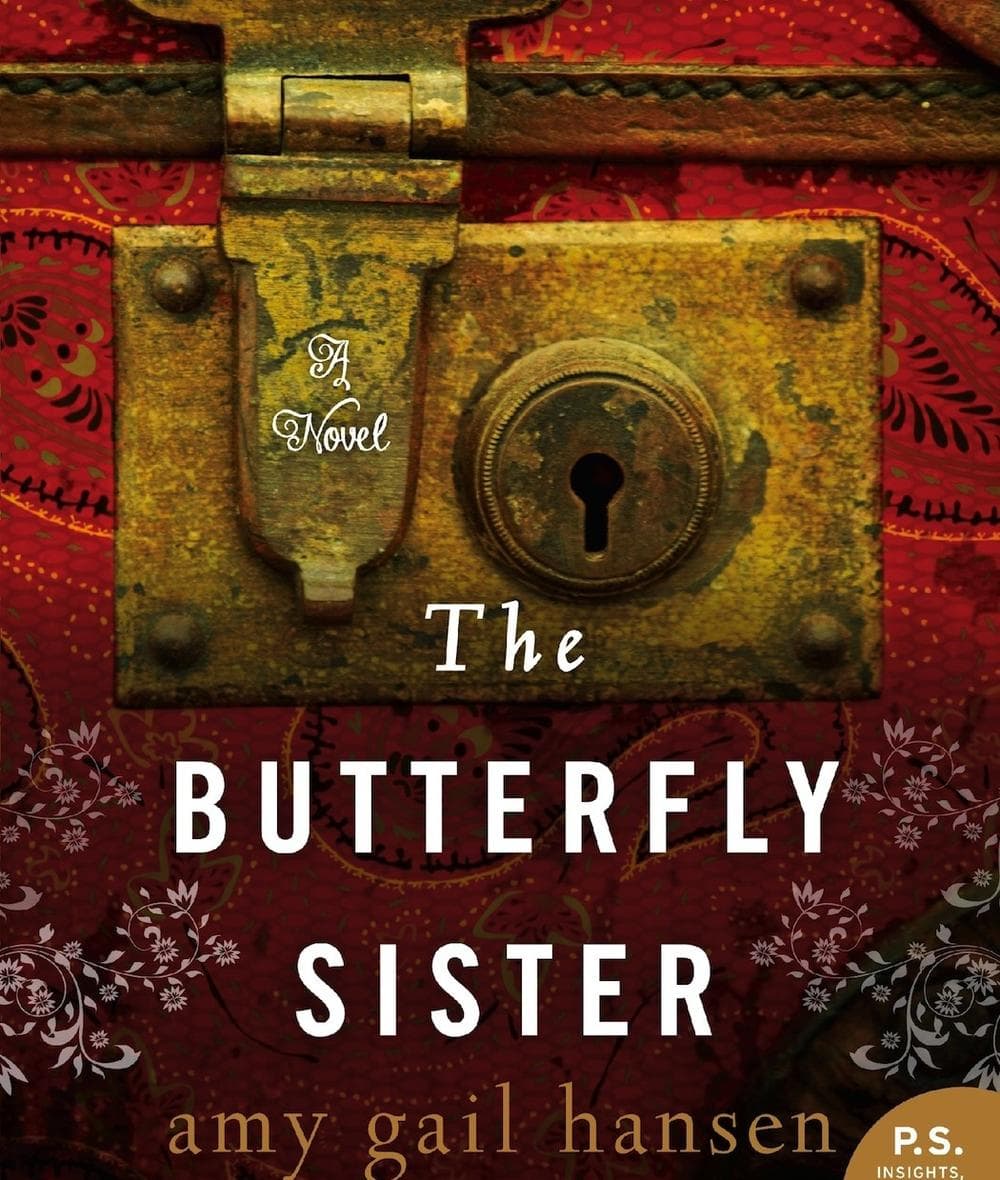Advertisement
Finding Rooms Of Their Own In A Pair Of Mysteries

Two recent mystery novels, “The Perfect Ghost” by veteran author Linda Barnes and “The Butterfly Sister” by newcomer Amy Gail Hansen, are different in story and style, but each book raises a similar question. Why is it that even when a young woman possesses a great deal of measurable intellect, she still can’t fully trust her own instincts and ideas?
Emily in “The Perfect Ghost” and Ruby in “The Butterfly Sister” are talented, hard-working writers. But each one drags around a destructively low perception of her abilities. The way in which each woman overcomes this, for good or ill, proves to be the key factor in resolving the respective crimes.
Self-confidence as a piece of a detective puzzle seems worth noting, especially now.
It’s a topic as current as Sheryl Sandberg’s “Lean In” and one as deep-rooted as Virginia Woolf’s “A Room of One’s Own.” Woolf’s writing, and her character, figure prominently in “The Butterfly Sister.”
But first and foremost, a mystery should be an absorbing story, and both these titles ink a solid checkmark in that particular box.
***

Reading Linda Barnes’ “The Perfect Ghost” reminds me what I love about reading mysteries. When a crime story is fully composed, as this one is, it moves forward on ground seeded with some primal elements of human nature; in this case, a toxic stew of love, pride, greed, and revenge. It offers neatly hewn moments where you sense a subtle shift in power: disturbances in the atmosphere set by the opening scenes. Something is not quite right. And that’s just right because it means there are many pages ahead thick with ethical and strategic dilemmas.
“The Perfect Ghost,” set in Boston, New York, and Cape Cod, offers many details of Greater Boston life that fans of Ms. Barnes’ writing, especially her Carlotta Carlisle series, have come to expect. Barnes also possesses the uncommon ability to convey an entire page worth of description in one astutely constructed sentence. Consider Emily’s first impression of Penn Station – “The lights were bright and hot, and the air reeked of rotting pizza with a hint of urine underneath.”
Emily (“Em”) Moore is one half of a ghost-writing team known as the author T.E. Blakemore. That is, she was one half, until a fatal car crash on Cape Cod took the life of her writing partner, Teddy Blake.
With Teddy as disarming interviewer and Em the meticulous wordsmith, they had created a string of popular celebrity biographies. Riddled with anxieties, Em is most comfortable alone in her Boston apartment. An observer of life more than a participant, her greatest skill is “clarifying famous people’s thoughts in their own authentic voices.”
She and Teddy had a complicated relationship: Teddy was first her professor, and then her lover, and then her business partner. Now Em faces a towering decision. She and Teddy had been in the middle of a huge book deal, an authorized biography of Garrett Malcolm, legendary actor, director, and dashing scion of a great Cape Cod theater family. Garrett had traded the stage for the big screen, with a personal story holding more drama than any of his movies.
Teddy had only completed half the interviews. Even worse, a crucial tape is missing, an interview with the elusive Brooklyn Pierce, former star of Malcolm’s blockbuster movies. No one can locate the tape – not the police, not Em, not Teddy’s sharp-elbowed widow.
Em surprises herself and her editor by deciding to complete the project on her own. Through all this, she maintains a running internal monologue with Teddy, offering keen commentary on people she meets and on her new life: “It would be utterly perfect if you were here. But then if you were here, I wouldn’t be.”
Barnes effectively employs different media to tell a tale that is all about finding a voice to tell “the truth that matters.” A chapter might be a set of emails by a Cape Cod police detective skeptical that Teddy’s car crash was an accident, a Wikipedia entry on Garrettt Malcolm, or a transcript of an interview with a cousin who’s been a lifelong frenemy of Garrettt’s.

When we meet 22-year-old Ruby Russeau, she is nursing some deep wounds. A few months before, she’d been nearly driven to suicide, during her last semester of college. Her once-promising senior thesis on Virgina Woolf’s “A Room of One’s Own” was deemed worthless by Mark Suter, her professor and thesis advisor. Even worse, he’d deemed her worthless, abruptly ending their secretive, months-long affair. Ruby had fled home in defeat, unable to complete her degree.
“The Butterfly Sister” is anchored in today, but the past keeps bumping against the present, threatening to unmoor it. There’s the literary past to which Ruby is inexorably drawn, and also her own recently vanished past.
As she tells her story in both diary and narrated form, Ruby is a persuasive blend of self-mocking humor and aching vulnerability. Hansen weaves in a Gothic “Had I but known then what I know now” style that harks back to Mary Roberts Rinehart. (Or, as Ruby drolly notes about clues eventually revealed, “Looking back, I should have known foreshadowing when I saw it.”)

On a day like any other, a suitcase, which Ruby had once borrowed from her dorm mate Beth, is delivered to her door. Beth has disappeared. A forgotten luggage tag that bears Ruby’s name has led the case to the police and ultimately leads Ruby back to her alma mater, Tarble College, a small (fictional) women’s college in Wisconsin. The suitcase had contained two items that act as lodestones to Ruby: an invitation to a reunion weekend, and a marked-up copy of “A Room of One’s Own.”
Even away from school, Ruby hadn’t been able to stop writing about Virginia Woolf, Charlotte Perkins Gilman, and Sylvia Plath – even while acknowledging the irony of spending so much time with women who are risky emotional role models. Really risky, since Ruby has been doubting her own hold on sanity.
For many months now, even when she was deliriously happy with Mark, Ruby had some other-worldly encounters she could neither dismiss nor explain. In locations as diverse as a hotel lobby, a beach, and a cemetery, the very women she’s been writing about have walked up to her and initiated a sociable conversation. They are more flesh than mist: Plath looks like she just walked off the 1950s Smith campus, and Gilman seems she could be strolling turn-of-the-century Connecticut streets.
It’s an entertaining mystery. But at heart, “The Butterfly Sister” is a love letter to bygone college days , and how the power of friendships sown there can help you, finally, find your own voice.
To her credit, Hansen infuses this novel with more strength than syrup, which allows the sentimental moments to catch you, nicely, as much as the story’s twists and turns. It's an appealing debut by a real-life English teacher and journalist turned author.
Carol Iaciofano’s book reviews and op-ed columns have appeared in publications including The Boston Globe, The Boston Herald, and The Hartford Courant. She is also a co-author of the pop culture computer anthology, “Digital Deli.”
This program aired on October 9, 2013. The audio for this program is not available.